
Here’s the major ingredient in a new psychotherapy for bipolar disorder.


Here’s the major ingredient in a new psychotherapy for bipolar disorder.
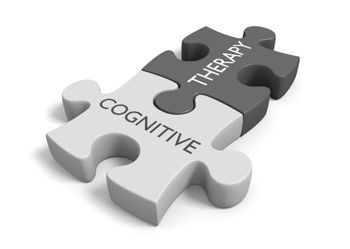
How best to tackle a challenging core feature of MDD.

How to make cognitive behavioral therapy for psychosis feasible in a busy practice with limited resources.
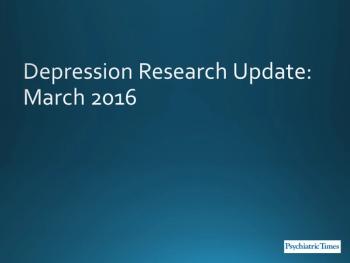
The guidelines and research discussed in this slideshow assess the benefits of various therapies for depressive disorders.

A new finding that may help optimize the treatment of major depressive disorder.
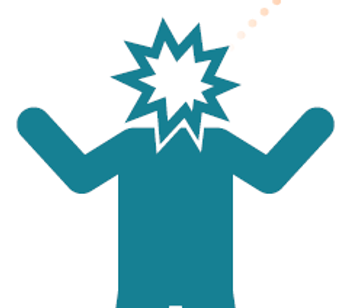
Combination buspirone and melatonin exert therapeutic cognitive effects that are distinct from their antidepressant effects, according to a recent study.

Identifying patients who are likely to relapse despite continued, maintenance cognitive therapy can help optimize management of MDD and also help ensure efficient use of healthcare resources.

A discussion of treatment options to help foster the most effective psychosocial treatment for addiction.
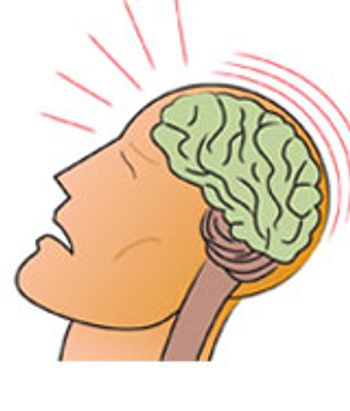
Is it possible to add creative twists to proven therapeutic techniques in order to encourage reluctant patients to try safe and effective treatments that we believe can benefit them? After reading the case, tell us what you think.
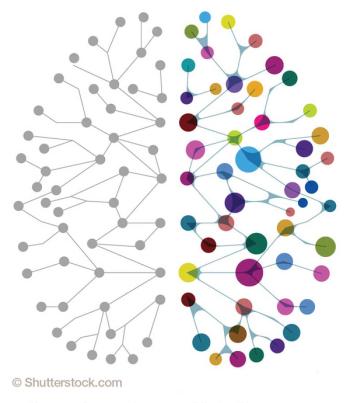
The authors take an in-depth look at the evaluation, diagnosis, and fundamental treatment recommendations, protocols, and guides to therapy for psychogenic nonepileptic seizures.

In this podcast, two psychiatrists discuss current clinical research and the future of treatment options for obsessive-compulsive disorder.

Patients with severe depression are more likely to have symptom remission with a combination of cognitive therapy and antidepressant medication than those with less severe or more chronic illness.

A significant number of patients have some degree of personality pathology that can interfere with treatment, whether they receive medication or some form of psychotherapy. But how can clinicians develop a strong therapeutic alliance with patients who have personality disorders? An expert explains.

An update on the diagnosis, causation, and treatment of chronic depressive problems. The focus is on the recently introduced diagnostic category of persistent depressive disorder.

What are the psychological and physiological effects of persistent loneliness? How prevalent in the US? What role can cognitive behavioral therapy play for persistently lonely people? In this podcast, an expert offers a brief overview of this underappreciated, but often overlooked, problem.

What do we know about the relative efficacy of current medication and therapy for OCD? This question answered and highlights of recent studies, future directions, and causes are summarized in this video.

The first generation of cognitive-behavioral therapy for psychosis, when added to standard care, has demonstrated efficacy in treating patients with delusions and hallucinations. Details in this article.

An expert summarizes the effectiveness of the treatments for obsessive-compulsive disorder, including pharmacotherapy and a very specific type of cognitive behavioral therapy.
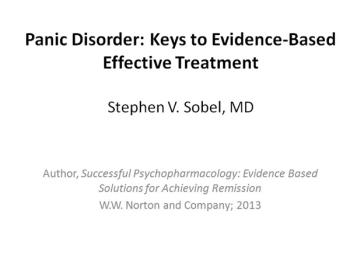
Keys to the management of panic disorder include appropriate use of psychotropic medication and psychotherapy predicated on an understanding of the disorder's biopsychosocial underpinnings. Here, Stephen V. Sobel, MD, focuses on treatment options.

In this video, Dr H. Blair Simpson gives a brief overview of the hallmarks, themes, and common comorbidities found in OCD.

CBT has become rooted as proven dogma in the treatment of depression despite large problems remaining in methodology of CBT clinical trials and the logic behind how CBT works. This article will describe the major methodologic problems in the clinical trials of CBT.
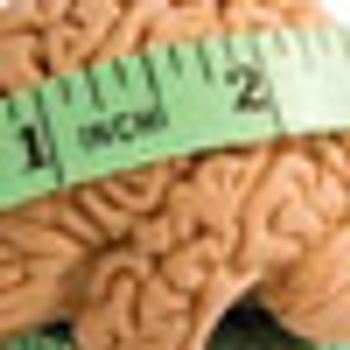
A multimodal treatment program that centered on a cognitive-behavioral approach using exposure and response prevention was effective in treating OCD comorbid with eating disorders.

In line with adolescents' interest in interactive video games, a computerized cognitive-behavioral therapy intervention that is an interactive fantasy game for depressed adolescents has been developed.
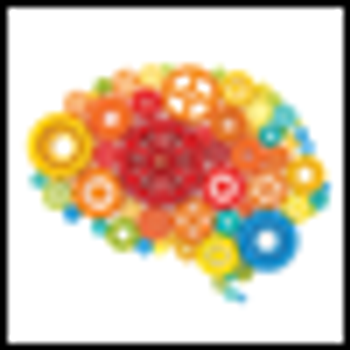
Despite the high prevalence of depression among youths, there are empirically supported treatments that have been shown to reduce depressogenic symptoms, including the 3 therapies outlined in this article.

Boys with ADHD can present with different cognitive and behavioral patterns than girls with ADHD. Despite these factors, girls with ADHD remain at significant psychosocial risk into adulthood.